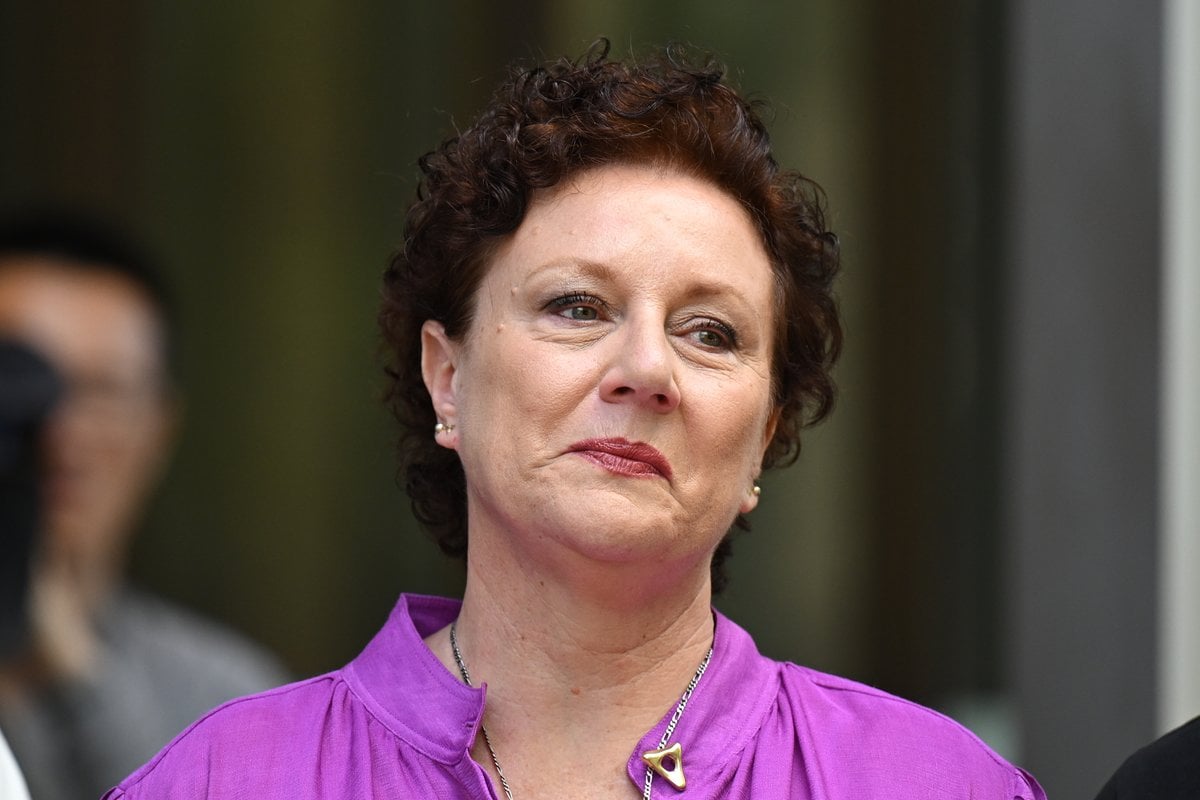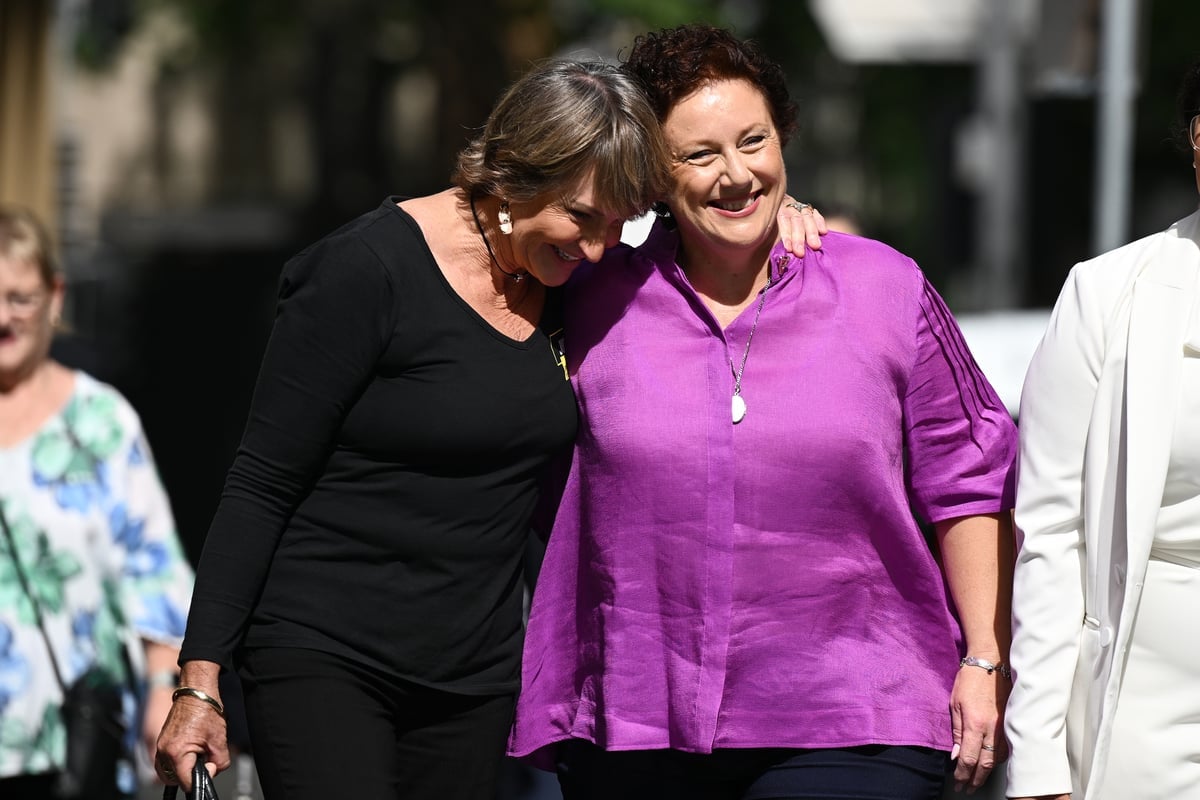
On her first night of freedom, Kathleen Folbigg said her "face muscles hurt from smiling so much".
In June 2023, she was pardoned and freed from prison after spending more than two decades in jail over the deaths of her four children.
Six months later, she was acquitted when the NSW Court of Criminal Appeal quashed her convictions after new scientific evidence cast reasonable doubt over her convictions.
As the decision was announced, applause filled the court.
Now, in 2025, Folbigg's team says she has been "failed by the system again" — this time by the court's offer of compensation.
Watch: Kathleen Folbigg Statement. Post continues below.
Folbigg has been patiently waiting to learn whether she would be compensated for her wrongful imprisonment.
On Thursday, we learned the ex-gratia payment was $2 million — something her lawyer described as "woefully inadequate" for two decades wrongfully spent behind bars.
NSW Attorney-General Michael Daley said he decided to make an ex gratia payment to Folbigg, more than a year after a compensation claim was submitted to the government.





























































































